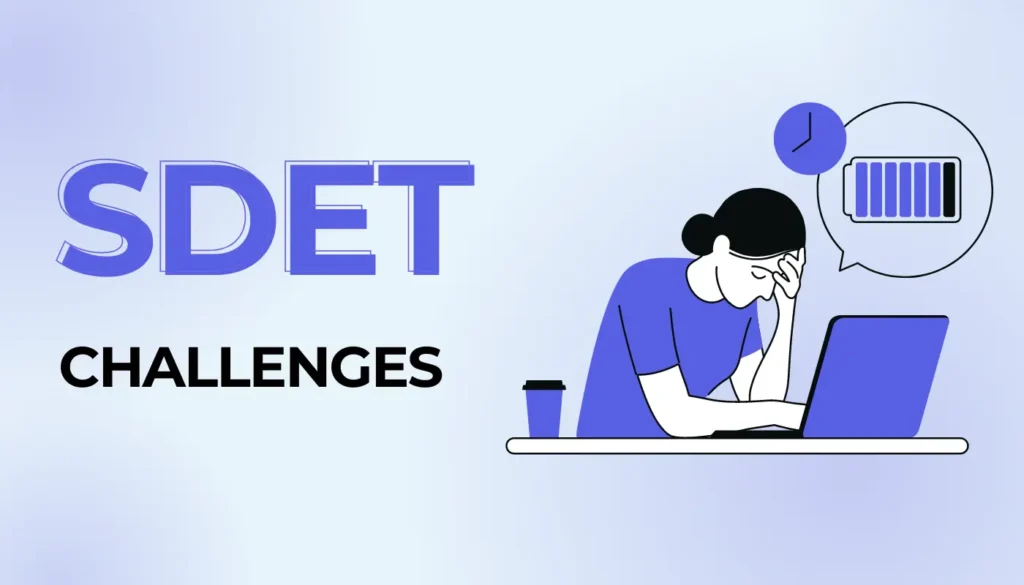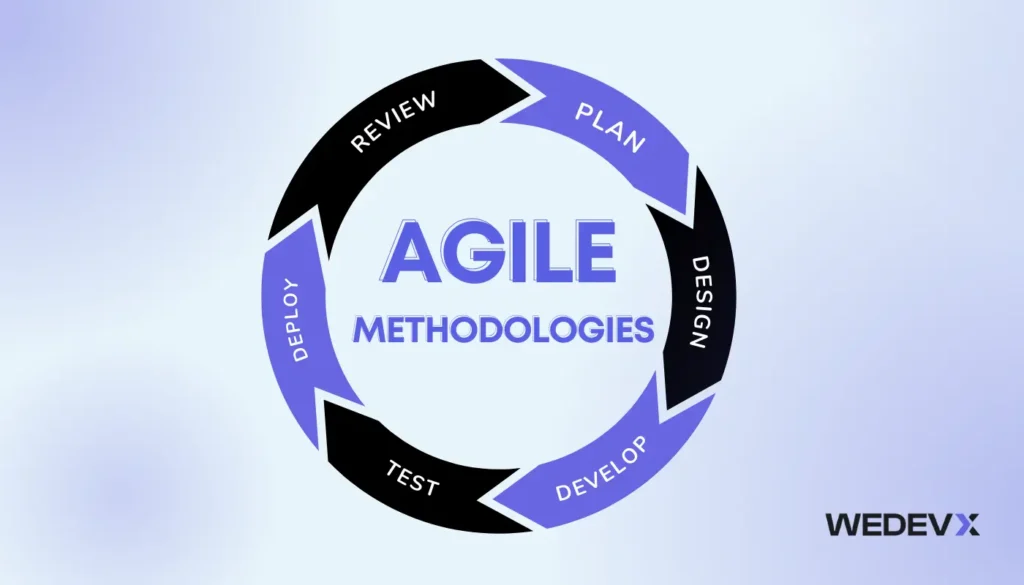DevOps needs QA to ensure that the software is fast and reliable. QA finds and fixes bugs early, preventing issues in the final product. This teamwork ensures that the software works well and keeps users happy. The development process becomes smoother and more efficient by combining DevOps and QA.
When DevOps implements QA practices, such as automated testing and early bug detection, they can identify and resolve issues more efficiently. All while reducing the risk of defects in production.
So—it is clear that DevOps and QA integration enhance both the stability and reliability of applications.
Let’s discuss in detail to explore why DevOps needs QA and how both can collaborate for improved development processes. But before we move forward, let’s take a quick look at the individual roles of DevOps and QA throughout each phase of software development.
Role of DevOps and QA in Software Development
Phase | Role of DevOps | Role of QA |
|---|---|---|
Planning
| Facilitates collaboration on project scope and determines tools and processes for automation.
| Defines quality standards and metrics and ensures requirements are clear and testable.
|
Development
| Implements continuous integration and delivery; and automates builds and deployments.
| Participates in code reviews and unit testing and develops automated test scripts.
|
Testing
| Ensures environments are available for testing; and manages release branches.
| Executes test cases, reports defects, and validates both functionality and performance.
|
Deployment
| Automates and monitors deployment processes and manages configuration settings.
| Verifies deployment and post-deployment stability and conducts smoke tests in production.
|
Monitoring & Feedback
| Monitors system performance and usage and implements tools for logging and tracking.
| Gathers user feedback for quality improvement; and analyzes defects and suggests fixes.
|
So—How DevOps Can Leverage QA Practices?
Let’s suppose that you are part of a development team responsible for building a new mobile application aimed at providing real-time public transit updates. This project would directly impact daily commuters by offering them timely information, which means reliability and timeliness are your top priorities.
Let’s see how integrating QA practices into your DevOps process can significantly enhance both the development speed and the quality of your application.
Early and Continuous Testing
- QA needs to be involved right from the beginning of your project. This means as you draft your first lines of code, QA is already preparing test cases that align with your user stories. Automated tests are ready to be executed by the time you commit your initial code.
- As you develop, every piece of code you commit triggers an automated testing process. For example, you implement a feature that fetches transit data from various sources. Automated tests immediately check this integration for both functionality and performance under different network conditions.
Automated Testing Tools
- Let’s say you utilize tools like Selenium for UI testing and Jenkins for integrating these tests into your continuous integration (CI) pipeline. This ensures that every new feature is tested automatically. You will catch issues early without manual intervention.
- Remember that when you perform load testing, it helps you ensure your app can handle thousands of simultaneous users during peak traffic hours.
Shift-Left Approach
- Next you adopt a shift-left approach to start testing early in the development phase. For instance, when a new feature for user notifications is mapped out, QA develops tests for this feature even before the complete development.
- You (as a developer) are also equipped to write unit tests. This speeds up the identification and fixing of bugs. All while enhancing your code’s quality since you are continuously testing and refining it.

Feedback Loops and Communication
- You receive an automatic alert with detailed feedback every time a test fails. This way, you can address issues quickly.
- Regular sync-up meetings between the development and QA teams are arranged to ensure everyone is on the same page. This leads to insights that refine both the development and testing processes.

Quality Metrics and Performance Indicators
- You set specific, measurable targets for code coverage and defect rates. These metrics are tracked via a dashboard that the entire team has access to. All while providing clear visibility into the app’s quality at any point in time.
- When you keep a check on these metrics, you identify trends and patterns that lead to further process optimizations. For example, if you notice a recurring type of bug in data parsing, you might introduce additional code reviews or specialized tests for these areas.
Don't know where to start your tech career?
We are here for you! Schedule a free call with our consultant for personalized advice on achieving your learning goals
Benefits of DevOps and QA Integration
DevOps emphasizes rapid software development and deployment, right? QA integration within DevOps practices ensures that these fast cycles deliver stable and secure products. Basically, QA identifies and resolves potential defects early—while maintaining high quality and user satisfaction in DevOps processes.
Let’s grasp a few examples to thoroughly understand why DevOps need QA:
Enhanced product quality
There is no doubt that continuous testing ensures that bugs are caught and fixed early in the development process. In fact, a software development firm reported a 30% reduction in production defects after adopting a shift-left approach in their QA processes.
Faster turnaround times
DevOps needs QA because their integration can dramatically speed up release cycles. For example, if a development team introduces automated regression testing in their CI/CD pipeline, they can reduce their release cycle from weeks to days. Just to enable faster product iterations.
Greater collaboration across teams
When DevOps integrates QA, the close collaboration of developers and testers fosters desired results. It leads to better understanding and fewer miscommunications. Let’s consider a tech startup’s example. They integrate DevOps and QA on test plans which results in a 50% decrease in misunderstood requirements.
Reduced costs due to early defect detection
It costs less when you catch and fix defects early in the development lifecycle. For instance, a financial services company saved an estimated $2 million annually. Just by integrating automated testing tools that identified issues during the first phase of development.
Continuous feedback for improvement
Continuous integration and testing provide ongoing feedback on the health of the application, right? It allows teams to make quick improvements. For example, an e-commerce company utilized real-time feedback from its testing suite to optimize performance. This improved load times by over 40%
Higher customer satisfaction
It is evident that regular and rapid updates with fewer bugs enhance user satisfaction. So, if we consider the example of an online retail company, they observed a 25% increase in customer satisfaction scores—right after integrating QA into their DevOps practices. This led them to ensure more stable and user-friendly updates.
More efficient problem-solving
QA and DevOps foster a collaborative environment that allows for quicker problem resolution. For example, a cloud services provider noted that the average time to resolve issues decreased from several hours to under one hour—after QA was embedded within their DevOps team.
Better risk management
Continuous testing and monitoring help identify and mitigate risks in real time. For instance, a healthcare IT company implemented continuous security testing as part of its QA process. This reduced vulnerability incidents by 70%.
Bottom Line
DevOps and QA integration ensures continuous quality improvement throughout the software development lifecycle. We can say that DevOps needs QA to align with the core objectives of rapid deployment and customer satisfaction.











